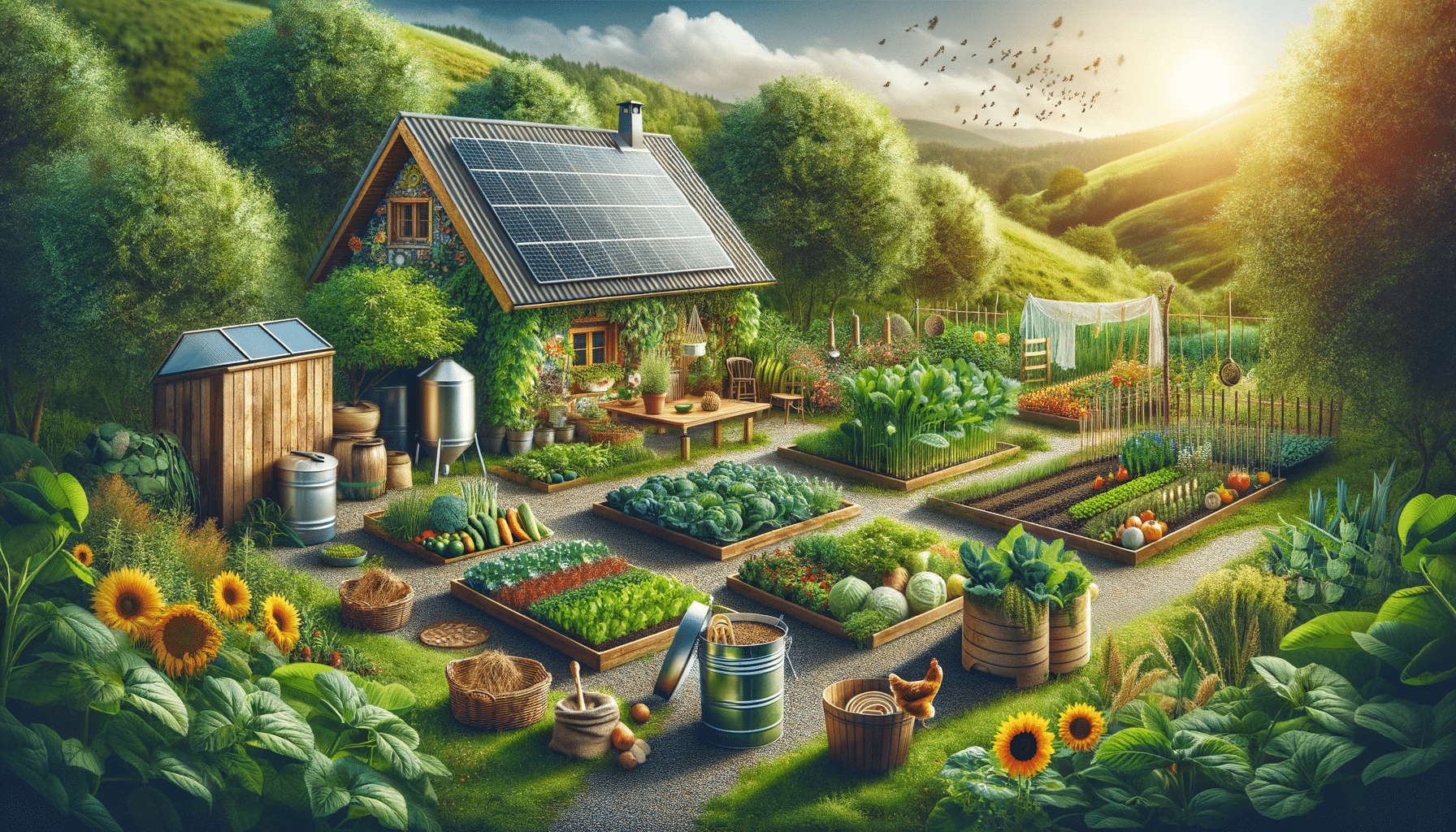
Exploring Sustainable Living: An Overview of Homesteading Programs
Introduction to Homesteading Programs
Homesteading programs are becoming increasingly popular as more people seek to live sustainably and self-sufficiently. These initiatives offer individuals and families the chance to embrace a lifestyle that is both eco-friendly and self-reliant. By providing access to land, resources, and education, homesteading programs empower participants to cultivate their own food, harness renewable energy, and engage in sustainable practices. This resurgence of interest in homesteading is not just about returning to traditional ways of living; it is about adapting these methods to modern challenges and opportunities.
The Essentials of Homesteading
At the core of homesteading programs is the principle of self-sufficiency. Participants are encouraged to grow their own food, often through organic farming techniques that promote soil health and biodiversity. This not only reduces reliance on commercial food systems but also fosters a deeper connection with the land. Additionally, homesteading often involves the use of renewable energy sources, such as solar panels and wind turbines, to minimize environmental impact. Water conservation and waste reduction are also key components, with many homesteaders employing rainwater harvesting and composting methods.
- Organic farming techniques
- Renewable energy sources
- Water conservation and waste reduction
These practices are not only beneficial for the environment but also contribute to a more resilient and adaptable lifestyle. By learning to produce their own resources, homesteaders can better withstand economic fluctuations and supply chain disruptions.
Community and Collaboration in Homesteading
While homesteading often emphasizes individual self-reliance, community and collaboration play a crucial role in many programs. Homesteading communities provide a support network for sharing knowledge, resources, and labor. This collaborative approach can lead to a more efficient and effective homesteading experience, as individuals pool their skills and expertise. Community gardens, cooperative buying clubs, and skill-sharing workshops are common features of homesteading programs, fostering a sense of camaraderie and mutual support.
Moreover, these communities often engage in local markets or trade systems, further enhancing sustainability and economic resilience. By supporting local economies and reducing dependence on distant suppliers, homesteaders contribute to a more sustainable and interconnected world.
Challenges and Opportunities in Modern Homesteading
Despite the many benefits of homesteading, participants often face challenges that require careful consideration and planning. Access to land is a significant hurdle for many aspiring homesteaders, particularly in areas with high property values. Securing funding for necessary infrastructure, such as renewable energy systems and water management tools, can also be a barrier. Additionally, the learning curve associated with adopting a homesteading lifestyle can be steep, requiring time, effort, and dedication.
However, these challenges also present opportunities for innovation and creativity. Many homesteaders are finding ways to overcome obstacles through community land trusts, crowdfunding, and educational workshops. By sharing resources and knowledge, the homesteading community continues to evolve and adapt, ensuring that this lifestyle remains accessible and viable for future generations.
Conclusion: The Future of Homesteading
Homesteading programs represent a promising path toward a more sustainable and self-sufficient future. By embracing principles of environmental stewardship, community collaboration, and resourcefulness, homesteaders are not only preserving traditional skills but also adapting them to modern needs. As interest in sustainable living continues to grow, homesteading programs will likely play an increasingly important role in fostering resilient communities and promoting ecological balance.
For those seeking to embark on this rewarding journey, homesteading offers a unique opportunity to live in harmony with nature while contributing to a more sustainable world. Whether through small-scale gardening or larger community initiatives, the principles of homesteading can inspire positive change and encourage a deeper connection with the environment.


